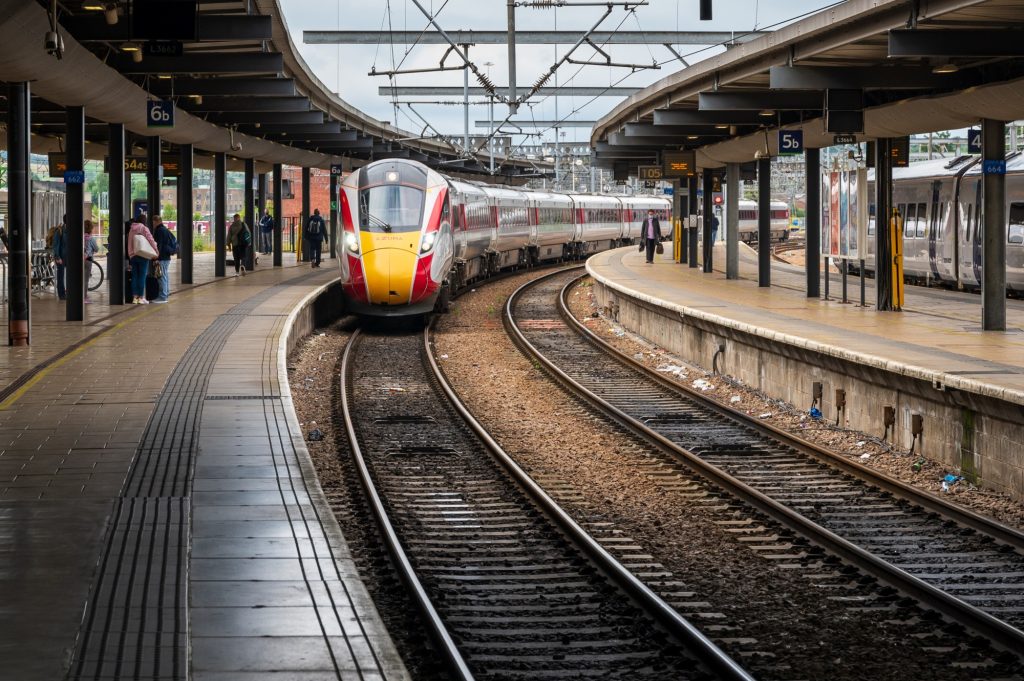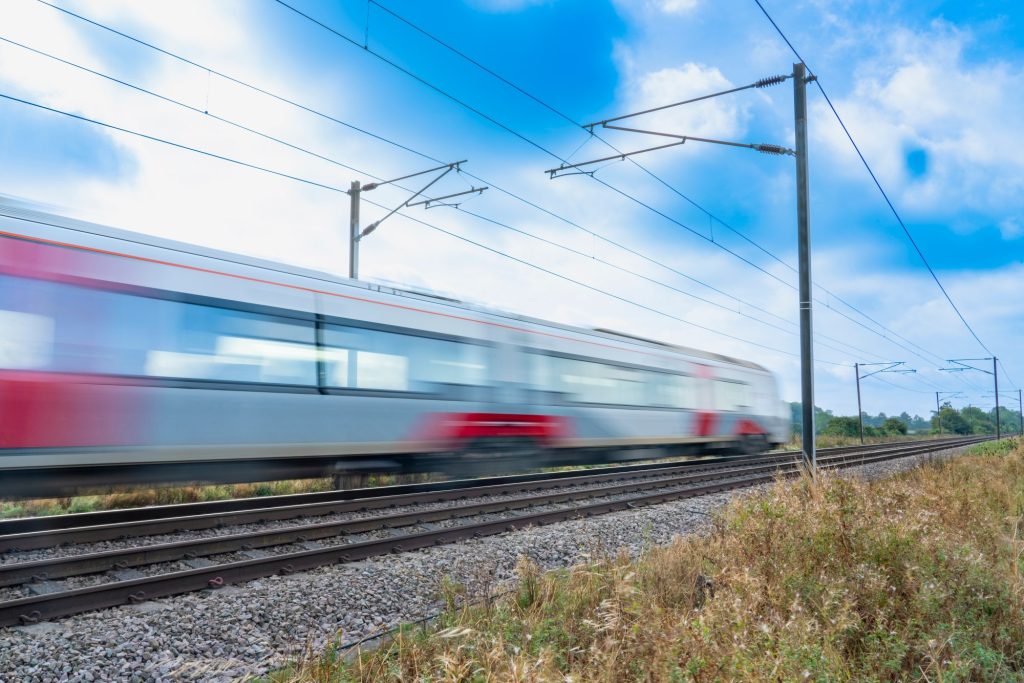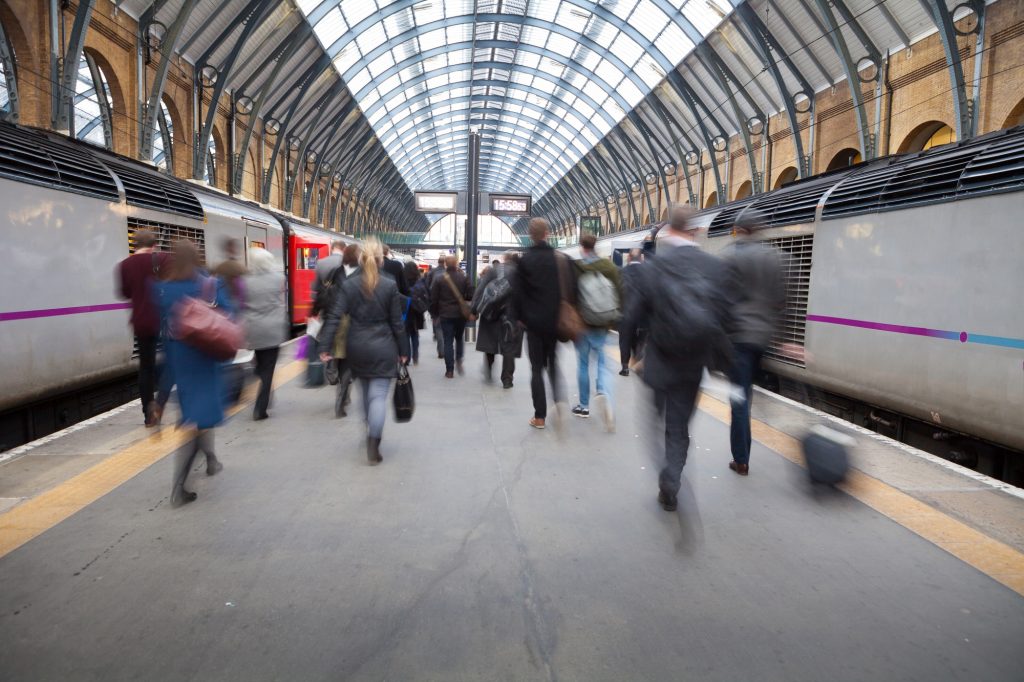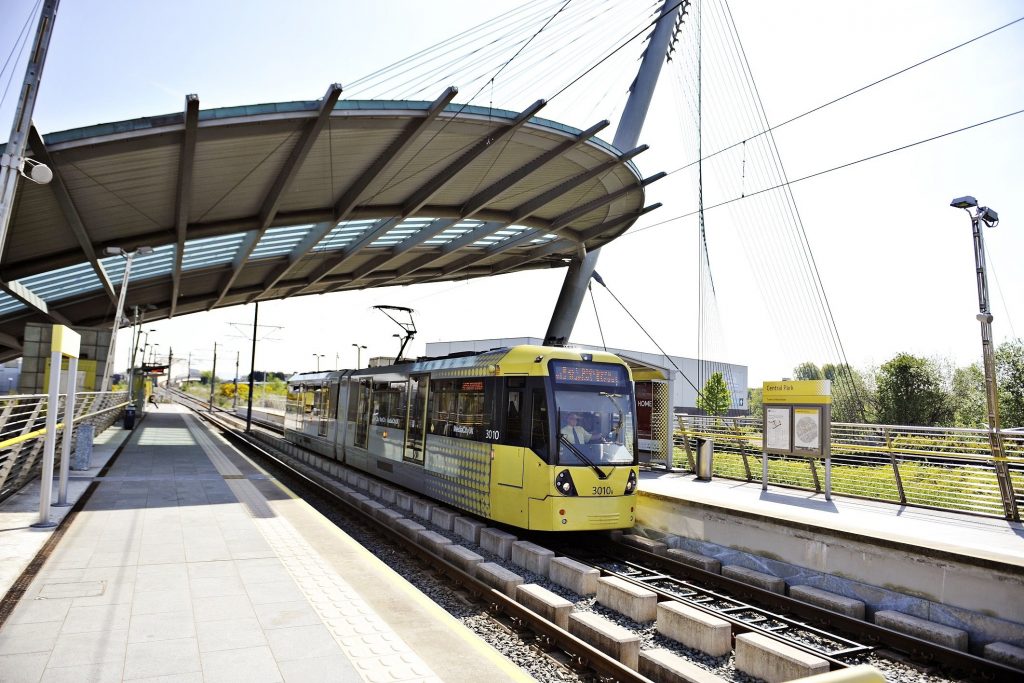‘Shadow’ Great British Railways launched as railways public ownership Bill progresses

This post was originally published on this site

Transport secretary Louise Haigh has today, 3 September, launched “Shadow” Great British Railways (Shadow GBR) as the first step in the long-awaited major overhaul of the UK’s rail network.
Shadow GBR will look to pave the way for the official Great British Railways (GBR), a new government body that will also undertake an organisational role with the operation of train services too. GBR emerged from the William-Shapps Plan for Rail, published in May 2021, with the purpose of ending fragmentation and integrating the country’s railways.
However, plans for what the body would do were subsequently paused, revised and scaled down by the previous government, which only published draft legislation and was found to have achieved “very little” by the Public Accounts Committee.
Upon taking office in July, the Labour government accelerated plans for rail reform. The King’s Speech confirmed that legislation to create GBR and bring UK railways into public ownership would be brought forward this Parliament.
Creation of Shadow GBR is the first significant action since then. It will bring together bringing together leaders from the Department for Transport (DfT), Network Rail and publicly-owned operators.
Haigh said: “Today, I am firing the starting gun on the biggest reforms to our railways in a generation. I am determined to end the chaos, delay and disruption faced by people on train journeys every day.
“Establishing Shadow GBR marks a significant step towards delivering a unified railway with passengers at its heart by bringing together track and train, and by progressing the Passenger Railways Services Bill we’re one step closer to public ownership which will help put our railways back on track.
“This government will direct every penny into creating a stronger, more reliable rail network that works for everyone.
“This is about making the railways work for the people that use them – putting passengers first and driving up performance.”
The announcement came as the Passenger Railways Services (Public Ownership) Bill, Labour’s attempts to nationalise railway services, is being pushed through the House of Commons. It is expected to clear its final hurdles today (3 September) before going to the House of Lords for scrutiny.
However, the DfT has said the reforms will not be possible unless industrial disputes are settled. Haigh has said she is “prioritising ending the longest national strike in the history of the railways” in order to enable the Bill to take effect.
Additionally, the Conservative party has suggested some amendments to the Bill.
The party believes public sector rail workers should have their salaries overseen by an independent body pay review in an attempt to take the “politics” out of the situation and end industrial disputes.
Further amendments suggest preventing train operators from being nationalised until the government can demonstrate that passengers won’t be negatively impacted, introducing transparent reporting and oversight for operators, maintaining space for private providers on the network and conducting a full review of the impact of nationalising operating companies after five years.
Shadow transport secretary Helen Whately said: “Everyone agrees that our rail system needs reform. But Labour are rushing these huge changes through with none of the proper scrutiny. They’re treating our railway like a toy train set.
“Putting politicians in charge of the controls isn’t the magical solution they think it is. It just means passengers and taxpayers footing the bill when they lose their grip on costs. That’s why we’re proposing checks to hold ministers to account.
“Teachers, nurses, and our armed forces all have independent pay bodies to take the politics out of pay. If Labour block one for rail unions it’s pretty clear where their loyalties lie. It’ll be back to beer and sandwiches at Number 10.”
A GBRTT spokesperson said: “The plan to create Shadow GBR is a welcome step. Working together across government and the rail sector to a clear direction will deliver benefits to customers and taxpayers ahead of broader structural change under GBR.
“A ‘one railway’ mindset will be crucial to Shadow GBR’s success, and GBRTT has developed the critical capability and tools to enable this. We look forward to supporting SGBR and its drive for better collaboration across the rail sector.”
Like what you’ve read? To receive New Civil Engineer’s daily and weekly newsletters click here.





Responses